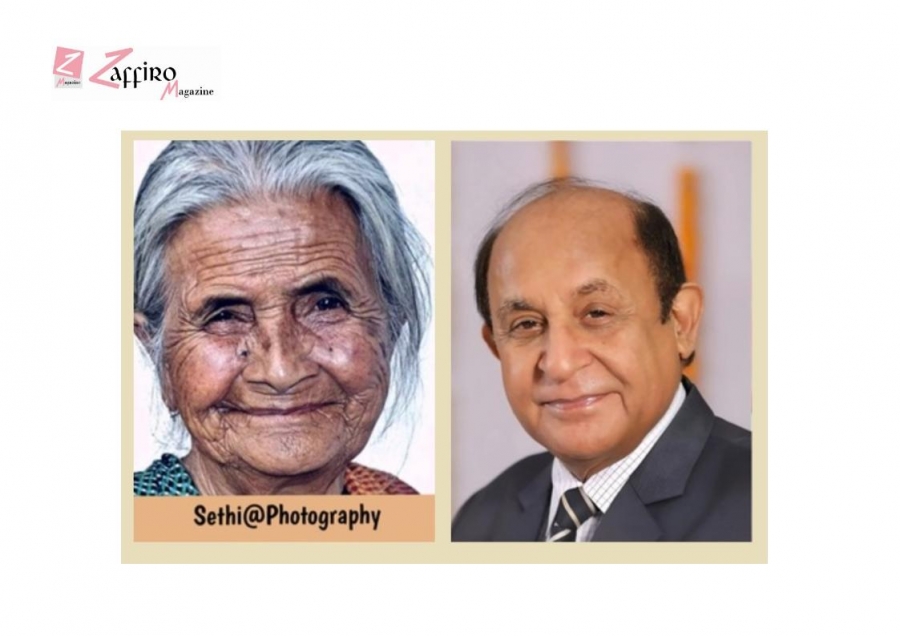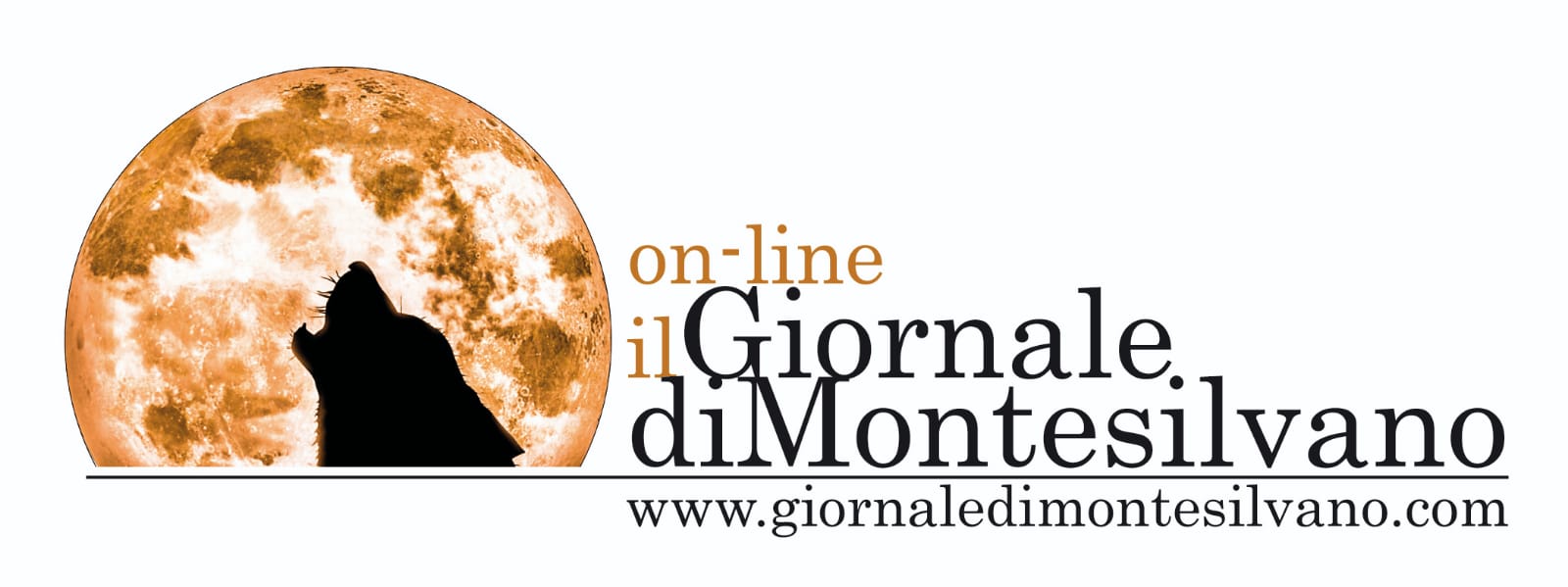È rimasta soltanto una felicità tranquilla, una semplicità interiore, una consapevolezza conquistata a caro prezzo nel vedere la vita così com’è — nella sua bellezza, transitorietà e complessità. Ho capito, col tempo, che ciò che conta non è quanto realizziamo o guadagniamo, ma come viviamo ogni istante. Ogni secondo può essere speso con saggezza — per restare presenti, dare e ricevere amore, coltivare relazioni, e camminare dolcemente verso i propri obiettivi. Quelle piccole cose — una parola gentile, un sorriso condiviso, un orecchio che ascolta — sono i veri gioielli della vita, più preziosi di qualsiasi guadagno materiale.
Per molti, la vecchiaia è paura, ansia o perdita; per me, invece, è una profonda liberazione. Ogni giorno ci offre il privilegio di rivolgerci all’interno, di osservare i sentimenti, di contemplare i pensieri, e di vivere con la saggezza che nasce dall’esperienza. Il corpo invecchia, ma il cuore e la mente respirano una nuova aria — una seconda giovinezza che cerca piaceri più sottili. L’ambizione e la vittoria della gioventù, la ricerca di approvazione e di successo, perdono piano piano ogni significato. Resta soltanto la serenità di una vita vissuta con sincerità, comprensione e autenticità. È qui che impariamo l’arte di essere pienamente umani.
La vecchiaia insegna a donare senza aspettative, ad amare senza ricompense. Impara a valorizzare le piccole cose: la prima luce del mattino, il fruscio delle foglie, la risata dei nipoti, la dolcezza della mano di un amico. Pazienza, bontà e compassione — queste sono le vere ricchezze che si accumulano anno dopo anno. Essere qui non richiede prestazioni o apparenze, ma presenza: una presenza consapevole, che guarisce e che è reale. La vecchiaia, in verità, non è un morire lento, ma un approfondirsi dell’essere — il momento in cui il vero sé diventa più importante, più sensibile, più sintonizzato con le sfumature della vita.
Arriva poi un momento in cui il rumore del mondo si attenua, quando la corsa, la competizione, l’affanno, iniziano a dissolversi. Si comincia a guardare dentro, non più fuori. Questa svolta interiore è il segreto dell’età: non la perdita della vita, ma la sua maturazione. Tutte le cose cercate con tanta frenesia — successo, approvazione, riconoscimento — diventano nulla, o quasi. La pace, si scopre, non era mai altrove; era sempre dentro di noi, nascosta sotto il rumore dell’ambizione e della mancanza. Arriva un balsamo, una pace che nessun trionfo giovanile può dare. È la comprensione che la vita ci ha dato ciò di cui avevamo bisogno, che ogni perdita, ogni esperienza, ogni vittoria ha temprato l’anima.
Guarda il volto di un anziano. Ogni ruga racconta una storia: di una risata vissuta, di un dolore sopportato, di una speranza inseguita. Non sono segni di decadenza, ma medaglie di coraggio. I loro silenzi sono più forti delle parole, perché gli anziani non devono più dimostrare né competere. Hanno capito che la vita non deve nulla alla certezza, e che la verità ama nascondersi nei momenti di osservazione silenziosa. I giovani vivono di domande; gli anziani, di significato. Durante la gioventù, pensiamo di plasmare la vita; nella vecchiaia, comprendiamo che è stata la vita a plasmare noi. Ogni dolore, ogni vittoria, ogni perdita è stato uno scalpello gentile del carattere, un’opera invisibile del tempo.
La società moderna ignora gli anziani. La vita moderna corre troppo in fretta, ossessionata dalla novità e dall’urgenza. Eppure, negli occhi degli anziani si trova tutta la storia dell’umanità. Sono biblioteche viventi, non piene di libri, ma di sentimenti e ricordi. Raccontano d’amore, di lotta, di vittoria, di fede e di resistenza — storie che attraversano le generazioni. La loro conoscenza non è teorica, ma vissuta, esperienziale, profondamente umana. Stare accanto a un anziano è come leggere un intero volume sulla vita. Ascoltandoli, comprendiamo ancora una volta le lezioni eterne: perdonare, perseverare, amare anche nella perdita, e trovare bellezza anche nella fragilità.
La tristezza della vecchiaia non è nel sopravvivere, ma nel saper cedere; non nella debolezza, ma nella tenerezza che nasce dalla consapevolezza di ciò che davvero conta. Gli anziani non corrono più contro il tempo; camminano al suo fianco, sapendo che la vita non si misura in anni, ma in esperienze vissute. Non interrogano più la vita; la accolgono, nella sua misteriosa interezza. Le rughe non sono segni della brutalità del tempo, ma della sua grazia. I capelli grigi non sono sconfitta, ma una corona di esperienza. Il corpo cede, ma l’anima si espande, come il cielo della sera che si apre al tramonto. È una bellezza dolce, delicata, una grazia nata dall’accettazione e dalla saggezza.
L’età non è una fine, è un ritorno a casa — il cerchio che si chiude dolcemente. Il bambino che guardava il mondo con meraviglia ora incontra lo sguardo dell’uomo saggio che lo contempla con serenità. Tra i due si distende l’intera vita: meraviglia, scoperta, errore, apprendimento, felicità, dolore, e infine saggezza. Quando il cerchio si completa, non resta tristezza, ma gratitudine — per la vita ricevuta, vissuta, e compresa. Chi sa invecchiare insegna la più grande delle lezioni: per vivere meravigliosamente, bisogna imparare a lasciar andare con grazia. L’invecchiare è l’arte dell’accettazione — accogliere la vita con dolcezza e lasciarla andare senza paura.
Forse la saggezza della vecchiaia è proprio questa: spogliare l’inutile per toccare l’eterno. E negli occhi quieti degli anziani, forse, ritroviamo quella luce tenue, quella verità silenziosa, quell’armonia ultima tra essere e divenire. La vita, alla fine, non si indebolisce con l’età. Matura. Si radica. Si fa essenza. E in quella profondità, in quella quiete della mente, la vecchiaia ci offre il suo dono più prezioso: una vita osservata, amata e compresa.
Dr. Sethi K.C.
ENGLISH VERSION
Old Age: Wisdom of Time
At present, I am 73 years of age, and I feel I am treading on a road that is meant only for being a path that has only exit and no U turn , but it is filled with depth, contemplation, and perception. Life no longer wears me down; the pace has slowed, and with it, the maniacally desperate need to prove myself or be seen has vanished. There is only a peaceful happiness, an inward simplicity, a hard-won sense of perceiving life as it actually is, its beauty, transience, and complexity. I came to understand this since then, in the following years, that time we spend is much more than what we accomplish or gain. Each second can be spent wisely enough to remain present, to exchange and receive love, to cultivate relationships, and to walk softly towards objectives. Those minute things ;a gentle word, a mutual smile, a listening ear are the jewels of life, more valuable than any extrinsic profit.
Old age to most is fear, anxiety, or loss, but to me it is deeply liberating. Every day gives us the privilege of turning inward, watching feelings, looking at thoughts, and living with a wisdom gained through experience. The flesh matures but the heart and mind get a new breeze ; a second wind to seek more refined pleasures. Ambition and victory of youth, acclamation, troubling striving, slowly enough come to mean nothing. What's left is the peaceful contentment of a life spent with relatedness, understanding, and genuineness. And here we master the art of being with it, alive, human.
Old age teaches giving without expectation, loving without rewards. It learns to prize even the little things: the first light of day, the rustle of leaves, the grandchildren's laughter, the softness of a friend's hand. Patience, kindness, and compassion; these riches build year by year. To be here requires not performance, not superficiality, but presence that is aware, that heals, and that is real. Old age, in reality, is not dying away, it is deepening, the moment when the real self is more important, more sensitive, more finely tuned to the subtle shape of life.
And then there is a moment when the noise of the world recedes, when the constant rush, the proving, the striving, all start to release. One starts to look inward instead of outward. That turning inward is the age's secret: not loss of life, but ripening. All those things ever sought so frantically like success, approval, recognition are nothing, almost less than nothing. Peace, we learn, was never anywhere else; it was simply in all of us, all along, under all the noise of ambition and lack. There is a balm that arrives, a peace no youth victory could ever achieve. It is the understanding that life has provided us with what we required, that all loss, all experience, all victory has tempered the soul.
Look at the face of an old man. Every wrinkle tells a story of a laugh that was once given, of an ache that was once suffered, of a hope that was once chased. They are not the marks of decay; they are the badges of life lived with courage. Their silences are stronger than words because the old no longer need to prove or compete. They have realized that life is debt-free to certainty, and that truth has the propensity to hide in muted watching and thinking. The young dwell in questions; the old dwell in meaning. During youth, we think we mold life; in old age, we realize that life has molded us all these years. Each breaking, each sorrow, each victory was a gentle chiseling of character, an imperceptible shaping by time itself.
Modern society ignores the old. Modern life hurries too fast, too frantically in the race for novelty and urgency. But the old contain in their eyes all of man's history of will. They are living bookshelves, not stuffed with books, but stuffed with feeling and remembrance. They hold accounts of love, conflict, victory, defeat, religion, and perseverance; tales that cross the line of generations. Their education is not abstract, but lived, experiential, and unreservedly human. To be around an old person is to read an entire history of the human experience. Listening to them, we are repeatedly reminded of the timelessness of life's lessons: how to forgive, how to persevere, how to love in the face of loss, how to see beauty amidst decay.
The sadness of old age is not in surviving, but in surrendering , not in weakness, but in the tender beauty that results from an awareness of what is most essential. The elderly are no longer racing against time; they keep up with it, with a piercing realization that life is not calculated by years, but by naked force of experience. They no longer pose questions to life, as they have come to accept its mystification. Wrinkles are not the markings of the brutality of time; they are the signs of defiance. Grey hair is not defeat to youth; it is a wreath of experience. The body fails, but the soul broadens, as the evening sky unfolds in its spread. It is a soft, gentle beauty; a grace born of acceptance, wisdom, and age.
Age is not an ending. It is coming home; the circle closing softly. That child who stared out at the world in awe stands eye to eye with the wise man now staring out upon the same world with serenity. Between them all is the entirety of life: wonder, discovery, mistake, learning, happiness, sadness, and finally, wisdom. When that circle is complete, there is no sadness, just thanks: thanks that life was given, lived, and learned. The individuals who can successfully know how to teach the best lesson of all: to live wonderfully, one needs to first learn to let go wonderfully. Aging is the art of acceptance to take in life gently, and then let go without terror.
May be wisdom at the end of aging is that it peels away the surface to reach the timeless. And in the still eyes of old, maybe we will find that soft glow, that quiet truth, the ultimate harmony of becoming and being. At last, life does not weaken with age. It ripens. It takes hold deep. It becomes purposeful. And in that depth, in that quietness of mind, age presents its most valuable gift: a life observed and loved and comprehended.






